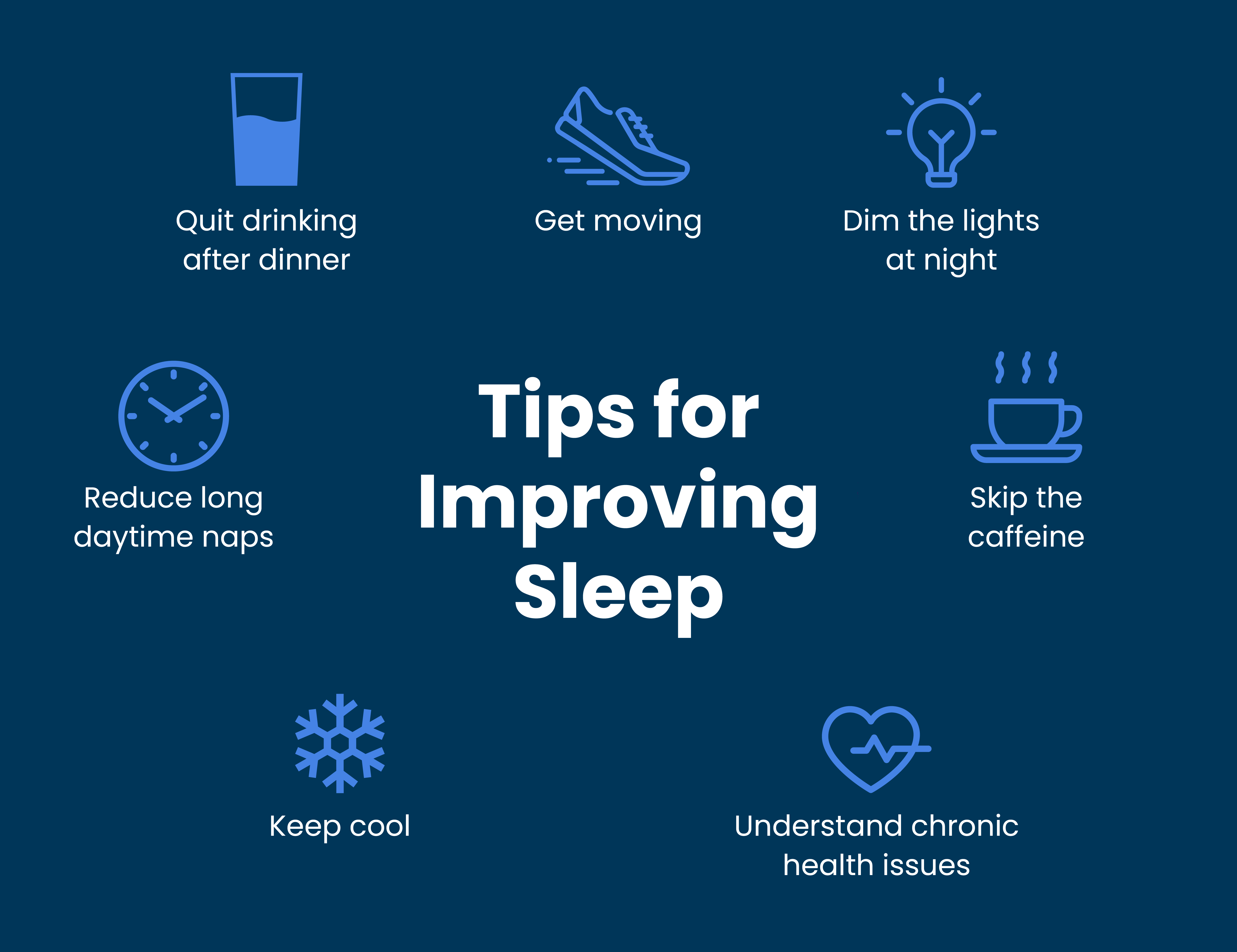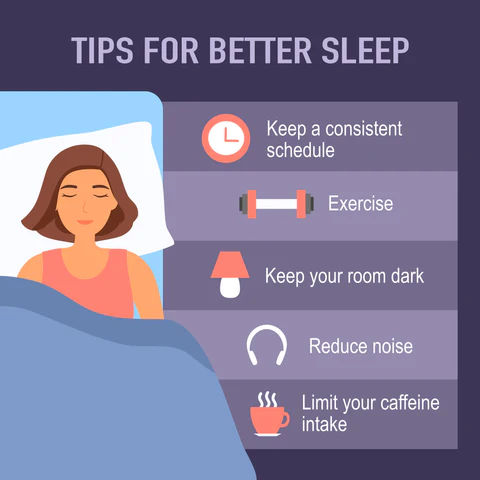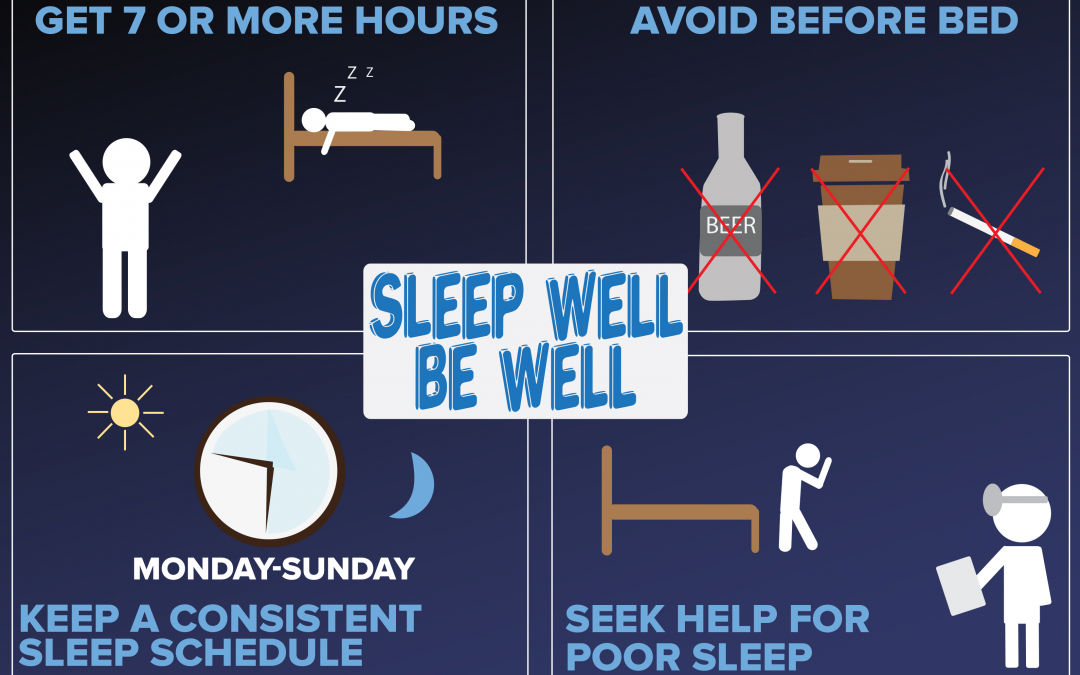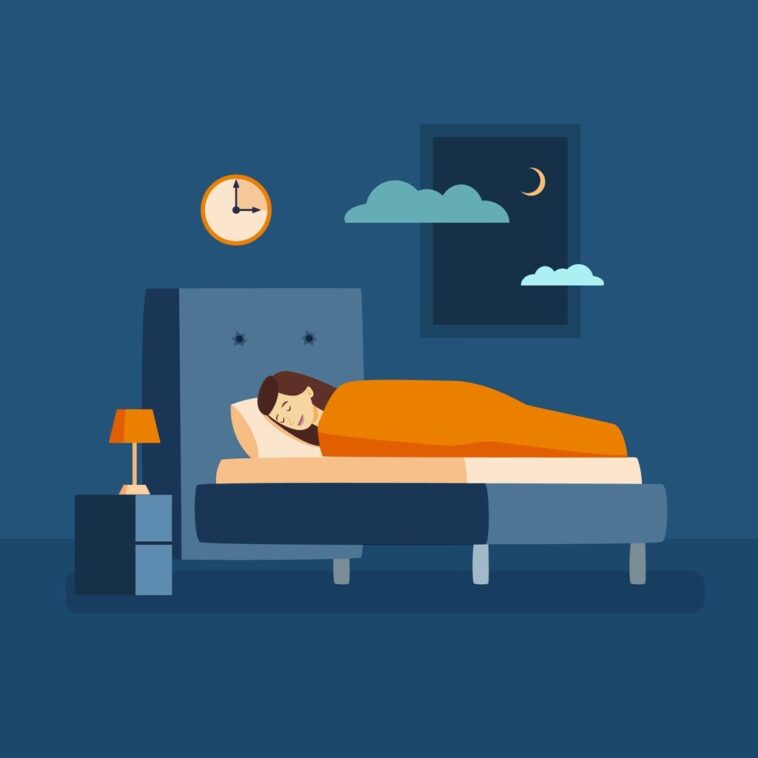Sleep is an essential part of life. It allows our bodies and minds to rest and recharge. When we don’t get enough sleep, we can experience a variety of negative consequences, including fatigue, irritability, difficulty concentrating, and increased risk of accidents.
Why is sleep important?
Sleep is important for a number of reasons. It allows our bodies to repair and rebuild tissues, including muscles, bones, and skin. Sleep also helps to consolidate memories and regulate our hormones.
In addition, sleep is essential for our mental health. When we don’t get enough sleep, we are more likely to experience anxiety, depression, and irritability.

How much sleep do we need?
The amount of sleep we need varies from person to person. However, most adults need between 7 and 8 hours of sleep per night. Children and adolescents need even more sleep, with teenagers needing up to 9 hours of sleep per night.
How to get enough sleep
There are a number of things you can do to get enough sleep. Here are a few tips:
Create a relaxing bedtime routine. This could include taking a warm bath, reading a book, or listening to calming music. Avoid watching TV or using electronic devices in the hour before bed, as the blue light emitted from these devices can interfere with sleep. Make sure your bedroom is dark, quiet, and cool. Darkness helps to promote the production of melatonin, a hormone that regulates sleep.
ALSO READ :>
- Establish a regular sleep schedule and stick to it as much as possible, even on weekends.
- Create a relaxing bedtime routine. This could include taking a warm bath, reading a book, or listening to calming music.
- Make sure your bedroom is dark, quiet, and cool.
- Avoid caffeine and alcohol before bed.
- Get regular exercise, but avoid exercising too close to bedtime.
- See a doctor if you have trouble sleeping.

Conclusion
Getting enough sleep is essential for our physical and mental health. By following the tips above, you can improve your sleep habits and get the rest you need to live a healthy and productive life.
Here are some additional tips for getting enough sleep:
Avoid caffeine and alcohol before bed. Caffeine and alcohol can interfere with sleep. It is best to avoid them in the hours leading up to bedtime.Get regular exercise, but avoid exercising too close to bedtime. Exercise can help to improve sleep quality, but it is important to avoid exercising too close to bedtime, as this can make it difficult to fall asleep.
- Make sure your mattress and pillows are comfortable.
- Avoid napping during the day.
- Get some sunlight exposure during the day.
- Avoid watching TV or using electronic devices in bed.
- Eat a healthy diet.
- Manage stress.

If you find that you are still having trouble sleeping after following these tips, talk to your doctor. There may be an underlying medical condition that is interfering with your sleep.





